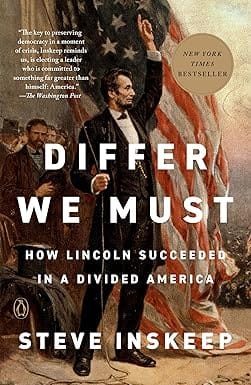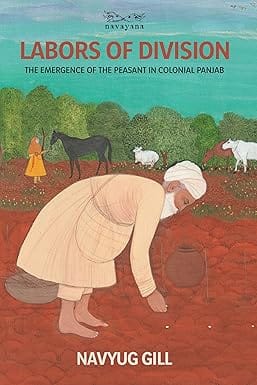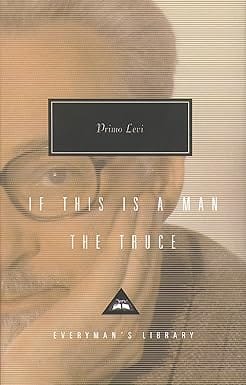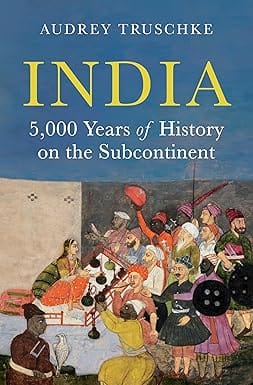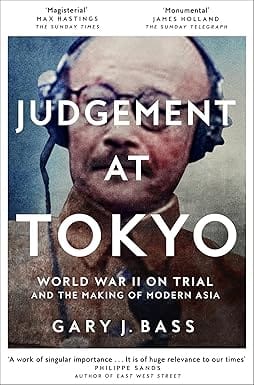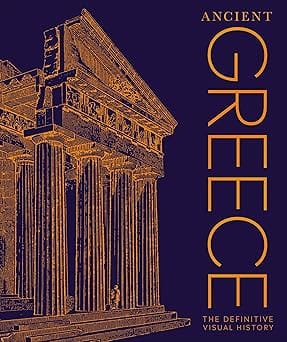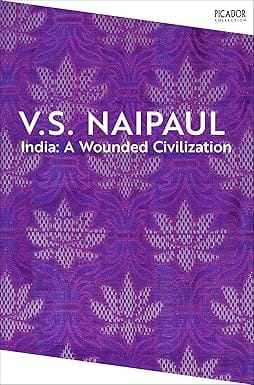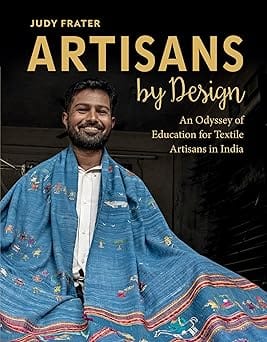WELCOME TO MIDLAND BOOK SHOP!
SHOP FOR
- Contemporary Fiction
- Contemporary Fiction
- Children
- Children
- Comics & Graphic Novels
- Comics & Graphic Novels
- Non-Fiction
- Non-Fiction
- Fiction
- Fiction
Shop No.20, Aurobindo Palace Market, Hauz Khas, Near Church +91 9818282497 | 011 26867121 110016 New Delhi IN
Midland The Book Shop ™
Shop No.20, Aurobindo Palace Market, Hauz Khas, Near Church +91 9818282497 | 011 26867121 New Delhi, IN
+919871604786 https://www.midlandbookshop.com/s/607fe93d7eafcac1f2c73ea4/677cda367903fd013d69b606/without-tag-line-480x480.png" [email protected]8188789003 68496db5075beeb6130285ba Orienting India https://www.midlandbookshop.com/s/607fe93d7eafcac1f2c73ea4/68496db6075beeb6130285c2/21lzxx1ls2l.jpg 8188789003
These three essays, by Vasudha Dalmia, explore the ways in which Europeans - British colonialists and German philosophers and scholars - appropriated Indian history, religious scholarship, and ritual practice to assert their own relationship to India and Indians, and even more so, their relationship to their own past and sense of present duty, right, and mission. In these European attempts to orient India to their own designs, justifications, and senses of moral worth, or 'enlightened thinking', Dalmia reveals the complex negotiations between Indian and British forms of knowledge and practice. In her study of the German thinkers, we see how cultural knowledge is not static but becomes a transaction between philosophers whose ideas of India form the basis of their own cultural values. In her evaluation of the British colonial project in India we see how the transactions between the British and high-caste Indians create new forms of power and realign social structures in the process. About The Author: Vasudha Dalmia is Professor of Hindi and Chair of the Department of South and Southeast Asian Studies, University of California at Berkeley. She has researched and publis
in stockINR 400
1 1
Email ID already exists!
Your Current password is incorrect
Password Updated Successfully
Thanks for your Feedback
Orienting India
ISBN: 8188789003
₹400
₹500 (20% OFF)SIZE GUIDE
Sold By: Hauz Khas - Aurobindo Market
Details
- ISBN: 8188789003
- Author: Vasudha Dalmia
- Publisher: Three Essays
- Pages: 81
- Format: Hardback
Book Description
These three essays, by Vasudha Dalmia, explore the ways in which Europeans - British colonialists and German philosophers and scholars - appropriated Indian history, religious scholarship, and ritual practice to assert their own relationship to India and Indians, and even more so, their relationship to their own past and sense of present duty, right, and mission. In these European attempts to orient India to their own designs, justifications, and senses of moral worth, or 'enlightened thinking', Dalmia reveals the complex negotiations between Indian and British forms of knowledge and practice. In her study of the German thinkers, we see how cultural knowledge is not static but becomes a transaction between philosophers whose ideas of India form the basis of their own cultural values. In her evaluation of the British colonial project in India we see how the transactions between the British and high-caste Indians create new forms of power and realign social structures in the process. About The Author: Vasudha Dalmia is Professor of Hindi and Chair of the Department of South and Southeast Asian Studies, University of California at Berkeley. She has researched and publis
User reviews
NEWSLETTER
Subscribe to get Email Updates!
Thanks for subscribing.
Your response has been recorded.

India's Iconic & Independent Book Store offering a vast selection of books across a variety of genres Since 1978.
"We Believe In The Power of Books" Our mission is to make books accessible to everyone, and to cultivate a culture of reading and learning. We strive to provide a wide range of books, from classic literature, sci-fi and fantasy, to graphic novels, biographies and self-help books, so that everyone can find something to read.
Whether you’re looking for your next great read, a gift for someone special, or just browsing, Midland is here to make your book-buying experience easy and enjoyable.
We are shipping pan India and across the world.
For Bulk Order / Corporate Gifting
 +91 9818282497 |
+91 9818282497 |  [email protected]
[email protected]
Click To Know More
INFORMATION
QUICK LINKS
ADDRESS
Midland Book Shop - Hauz Khas
Shop No.20, Aurobindo Palace Market, Near Church, New Delhi
Shop No.20, Aurobindo Palace Market, Near Church, New Delhi


